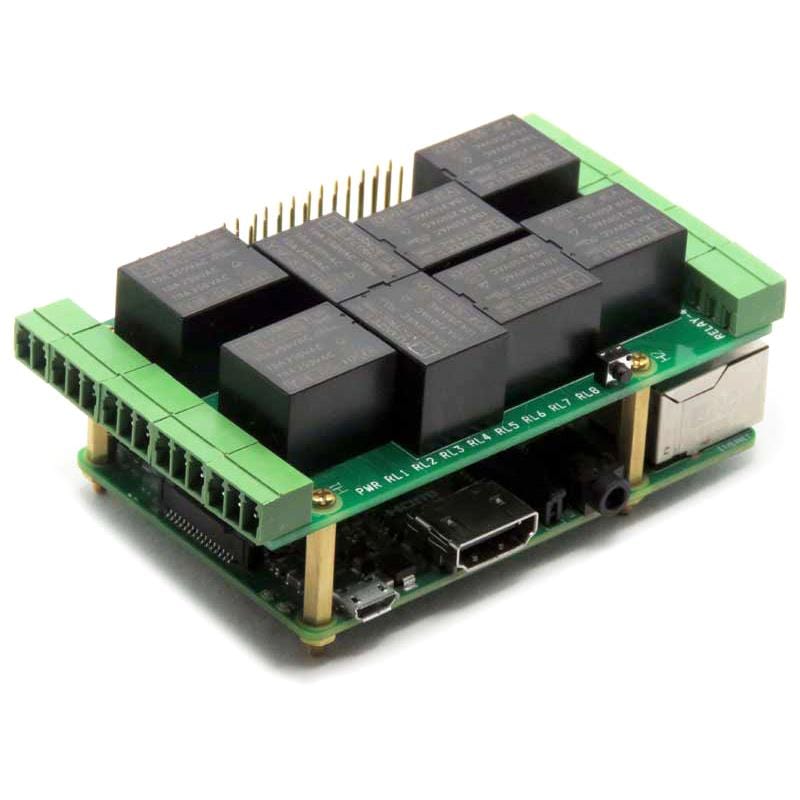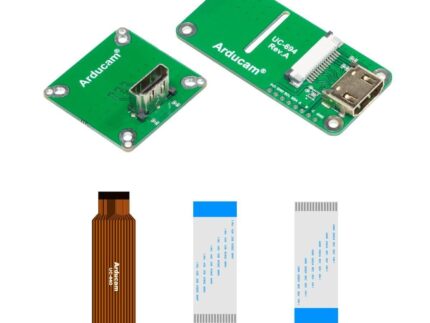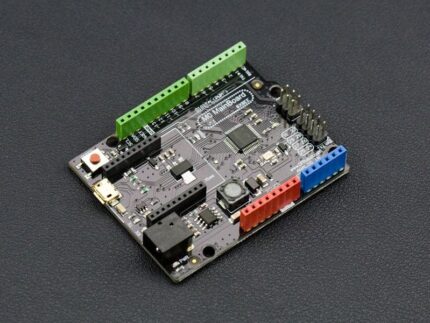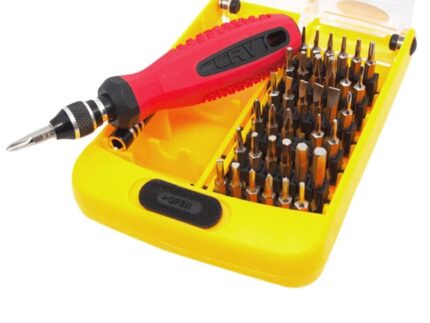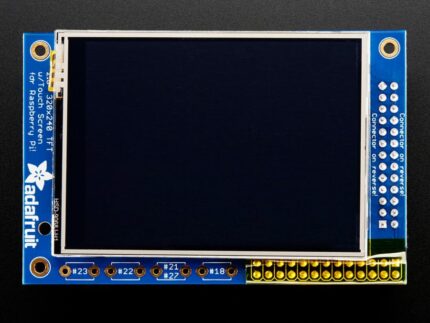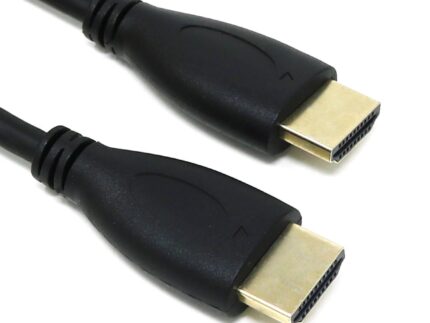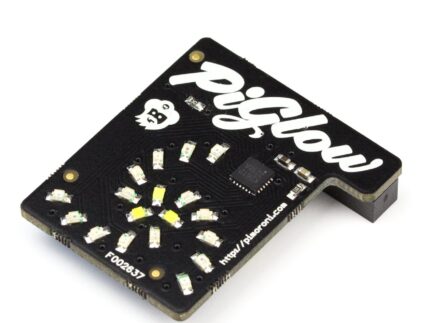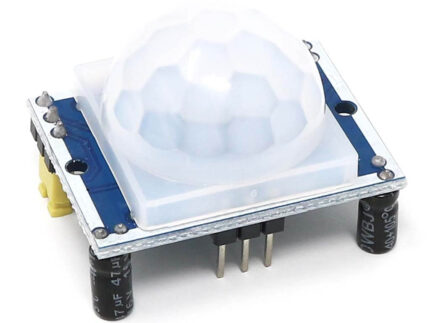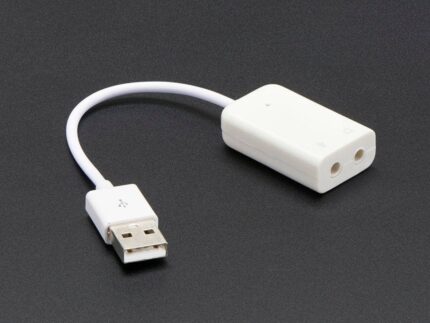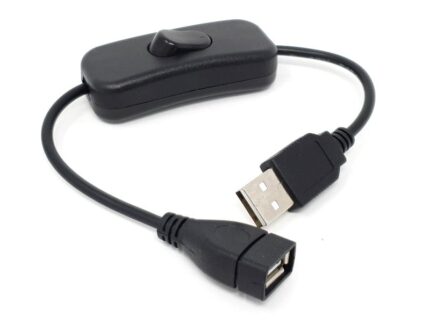8 Relays Card V2 for Raspberry Pi
The perfect Raspberry Pi add-on to your project when you have to control a large number of loads. Stackable to 8 layers, the card can add up to 64 relays to each Raspberry Pi in a compact form factor.
Pluggable connectors make the 8-RELAYS card easy to use when multiple cards are stacked up. All relays have NO and NC contacts and can switch 120VAC/8A or 24VDC/8A.
Status LEDs conveniently grouped on one side of the board show when relays are on or off. A power LED shows when power is applied. A reset switch permits shutting down the Raspberry Pi without the use of a keyboard and monitor.
For any technical questions about this product please email [email protected]
Features
- Eight RELAYS with Status LEDs and NO/NC contacts
- Eight layer stackable to 64 relays
- Pluggable Connectors 26-16 AWG wires
- 120VAC/8A or 24VDC/8A on each contact
- LED indicators on each relay
- Software self-test
- Raspberry Pi Reset push-button
- Command Line
- Python Library
- Node-Red nodes
Compatability
The card is compatible with all Raspberry Pi versions from Zero to 4. All stacked cards share the I2C bus using only two of the Raspberry Pi’s GPIO pins to manage all eight cards. This feature leaves the remaining 24 GPIOs available for the user.
Power Requirements
The 8-RELAY card needs 5V to operate and can be powered from Raspberry Pi or from it’s own 2 pin pluggable connector. The relay coils are also powered from the 5V. The card draws 10mA with all relays off. Each relay needs about 80 mA to turn on. If power is applied to the barrel connector, no other power supply is needed for the Raspberry Pi.
Stacking Multiple Cards
Up to eight 8-RELAY cards can be stacked on your Raspberry Pi. Each card is identified by jumpers you install to indicate the level in the stack. Cards can be installed in any order. The three-position jumper selects the stack level.
For your convenience, two jumpers are provided with each card. For complex Home Automation tasks you can add to the stack one or more Home Automation cards with analog and digital inputs and outputs.
Reverse Power Supply Protection
The board is protected against accidental reverse power supply with a 5.8A, 39 mOhm MOSFET which breaks the ground line if reverse power is applied.
Reset Pushbutton
Shutting down the Raspberry Pi by turning off the power can result in SD Card failure. To prevent this, a shutdown command needs to be used before power cut-off. But this requires a monitor, keyboard and mouse connected to the Pi.
A momentary on push button installed at the edge of the board provides a convenient way to shut down the Raspberry Pi. The button is routed to pin 37 (GPIO 26). You need to write a script that monitors this pin, and if pressed for more than the desired time, issues the shut-down command.
Resources
- Open Source Hardware Schematic
- 3D Printing Enclosure
- Command Line
- Python Library
- Node-Red nodes
Card Layout
Electrical Specifications
- Power Supply: 5V/8A pluggable connector with reverse polarity protection
- On board resettable fuse: 3A
- Relays: NO/NC contacts, 8A/120 VAC – 24 VDC
- Electrical endurance: minim 105 cycles at 1,800 operations per hour, full load
- Mechanical endurance: minim 107 cycles at 18,000 operations per hour, no load
Mechanical Specifications
Errata
Silkscreen error: The relays are labelled correctly on the silkscreen, with the Relay-1 in the upper right corner, as you hold the board with the Raspberry Pi GPIO connector facing up. The LEDs are labelled backwards. LED-1 corresponding to Relay-1 is on the right.
